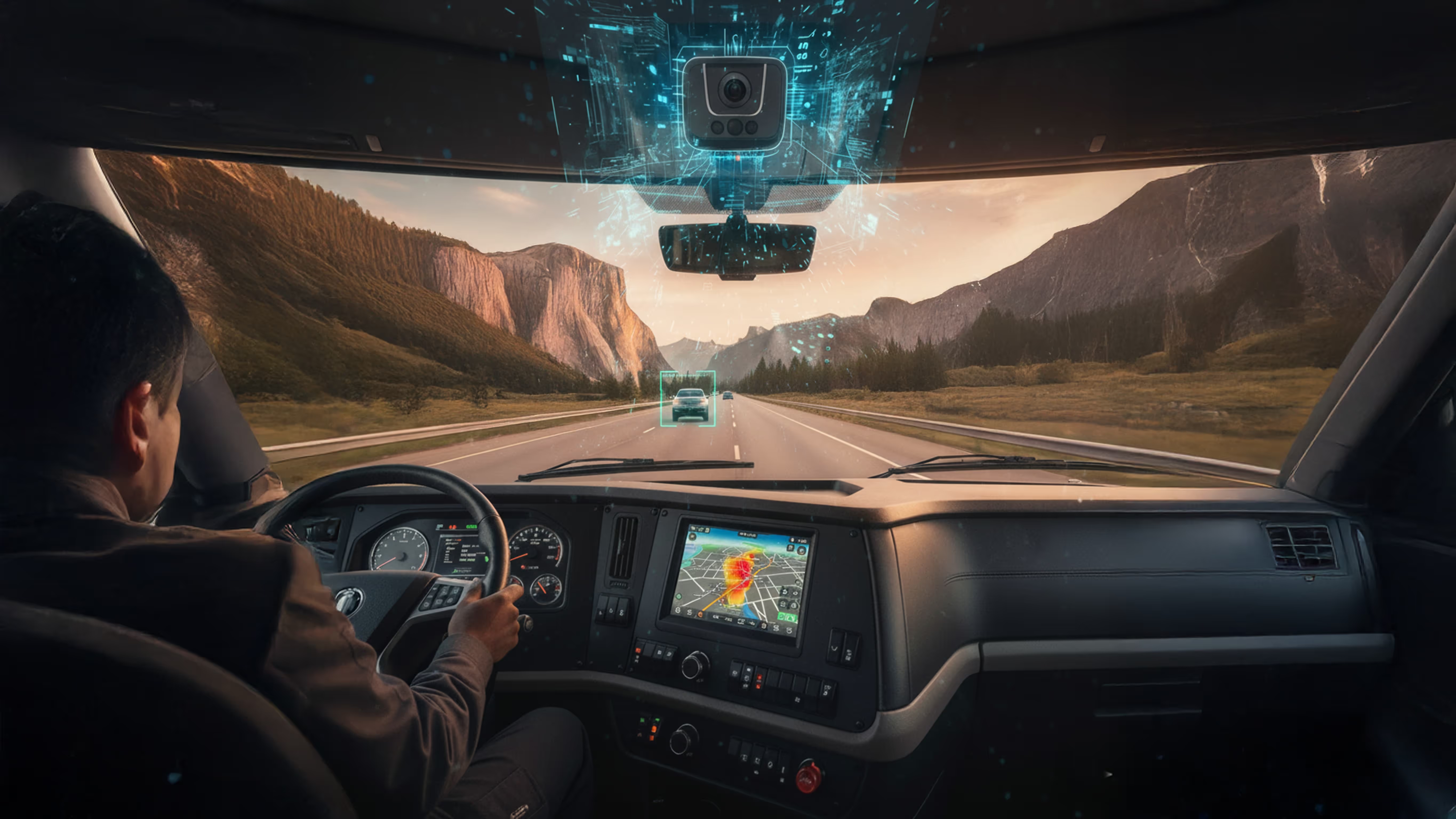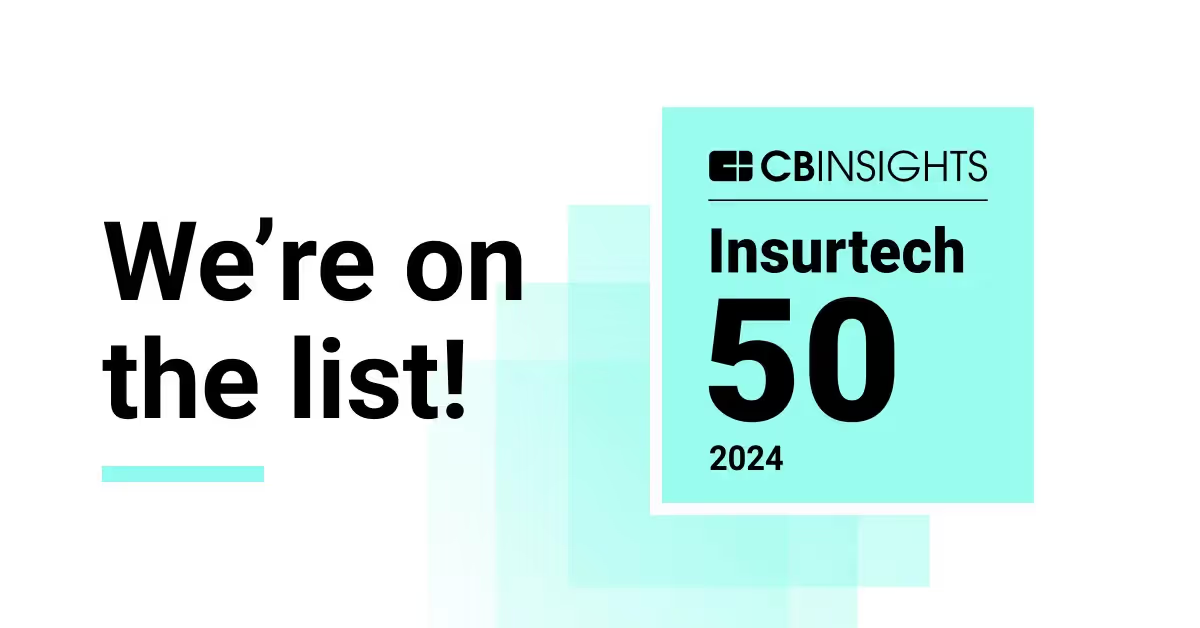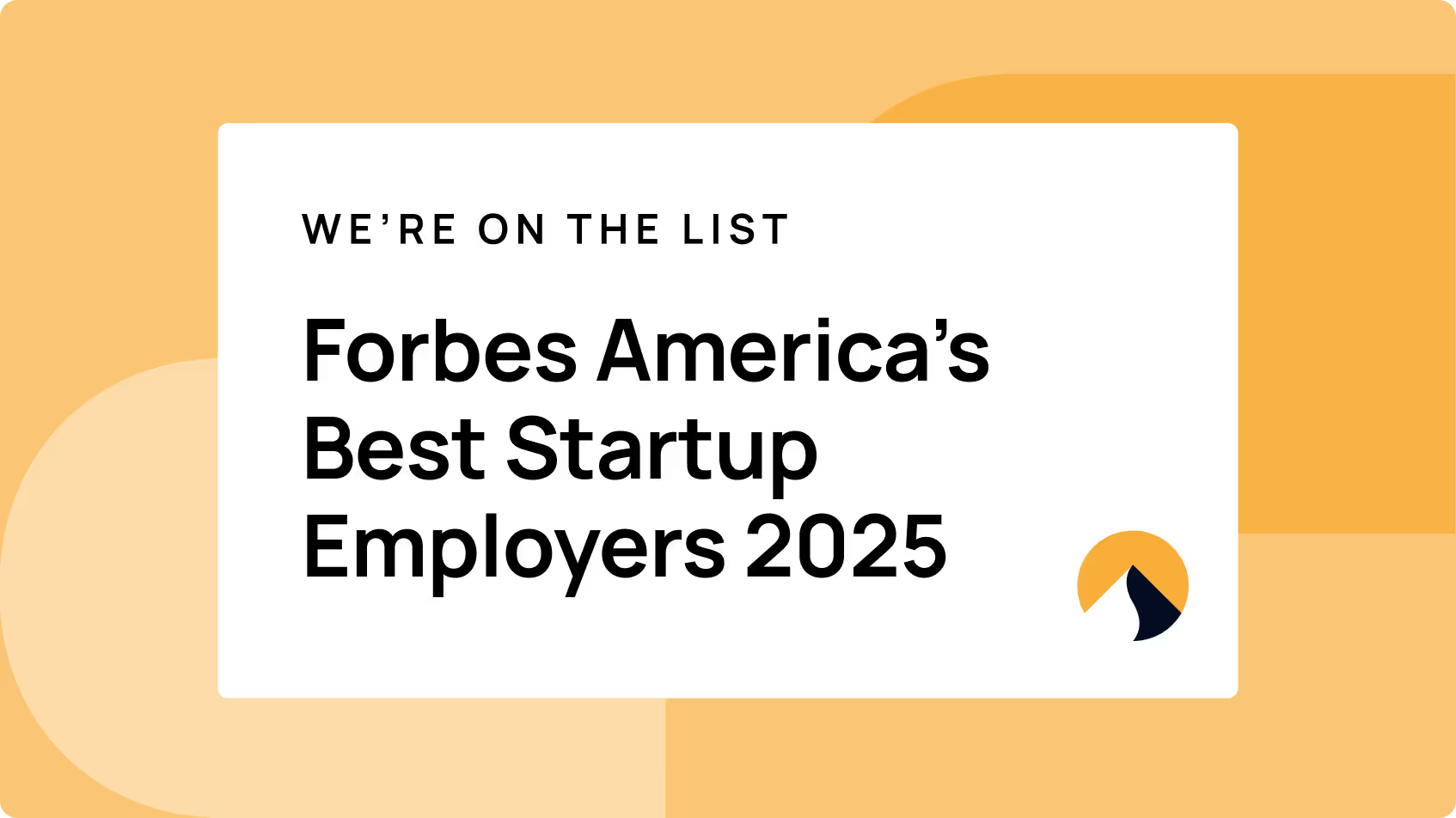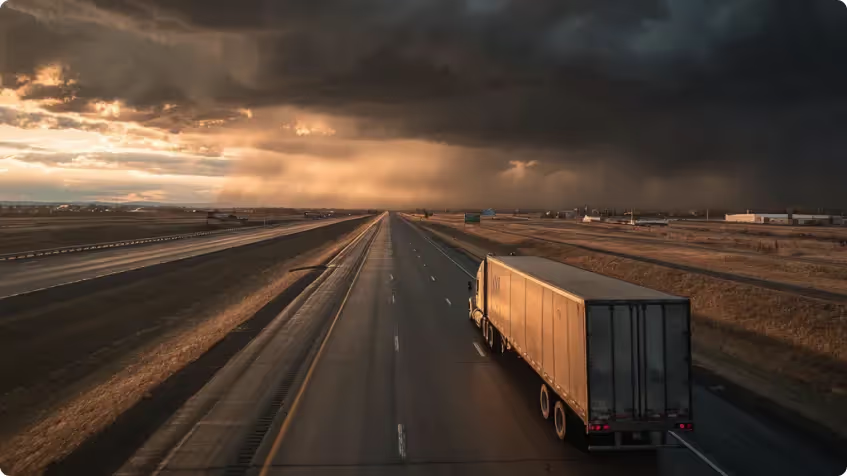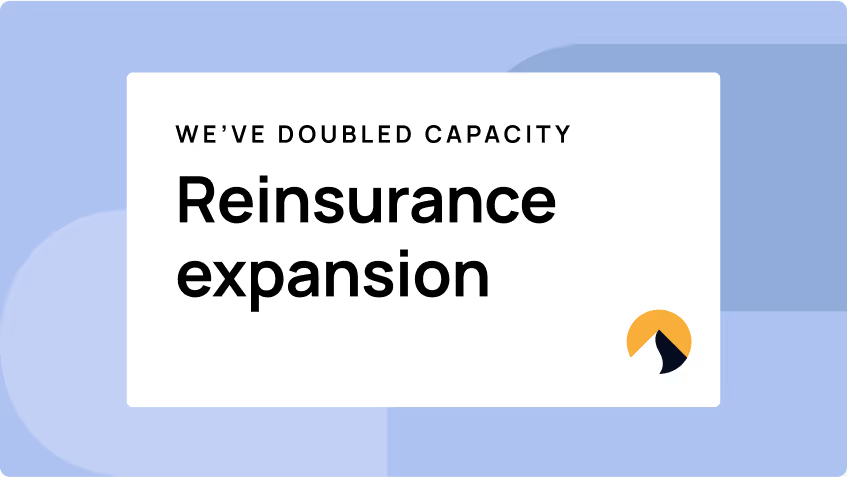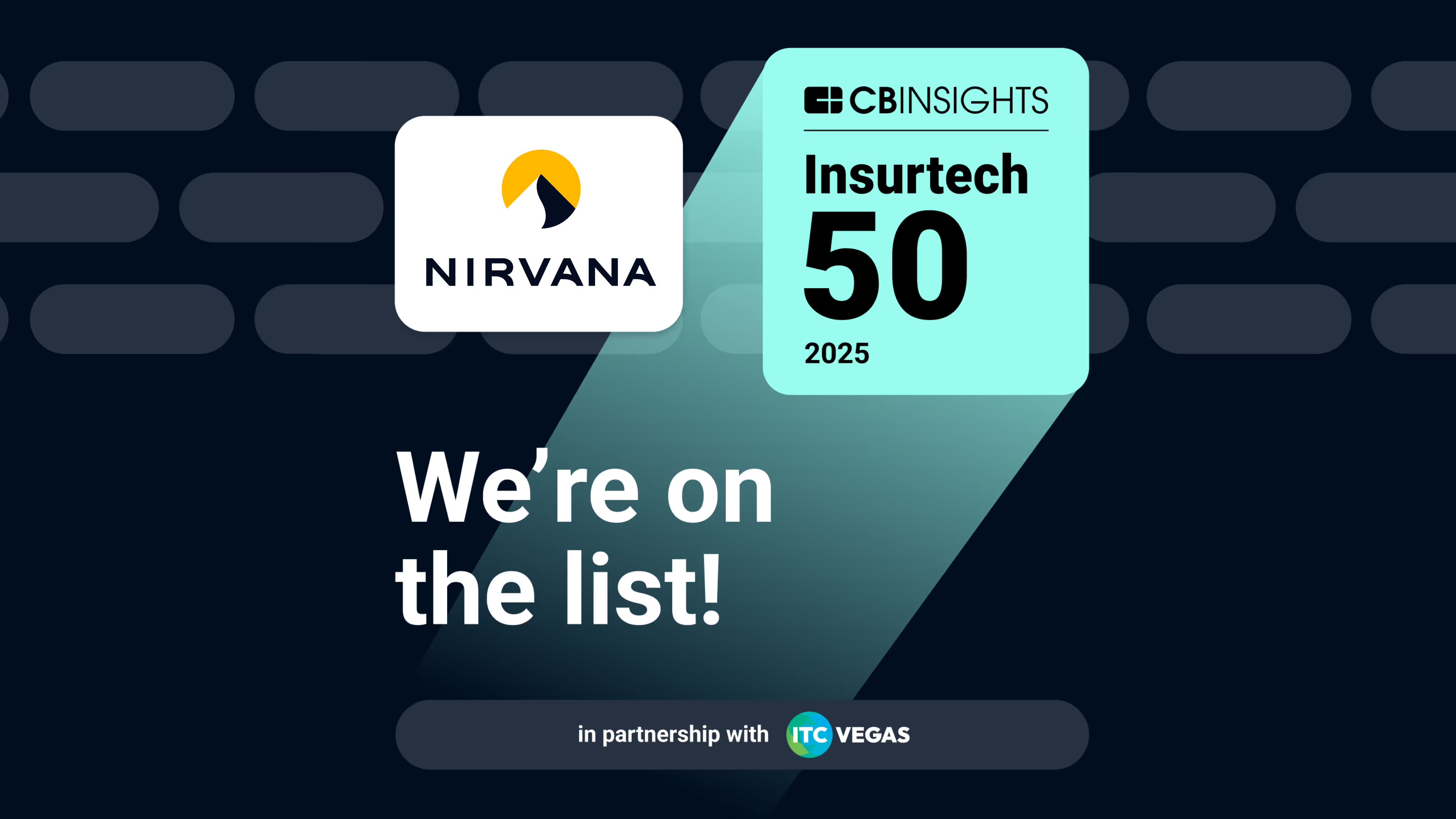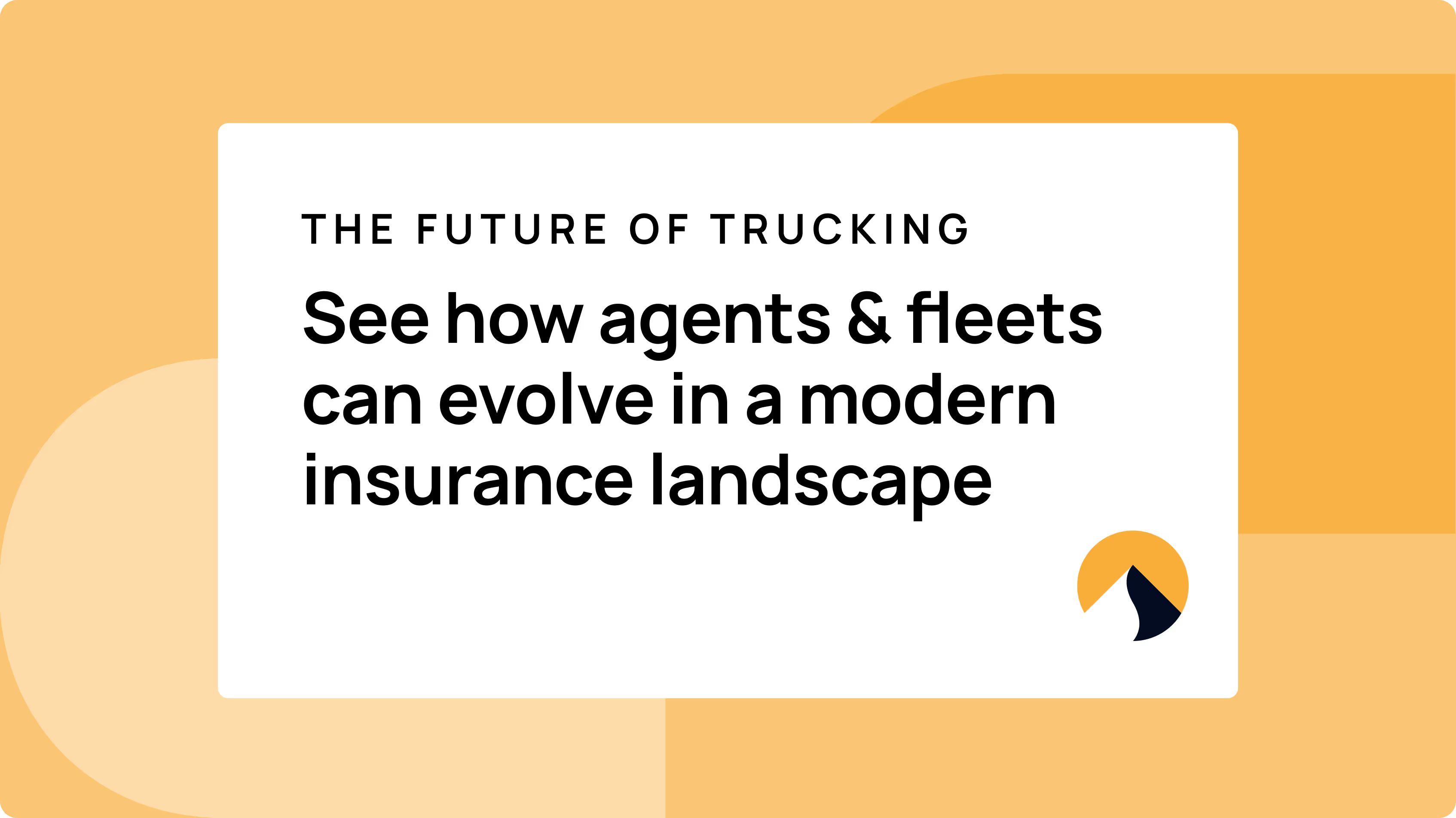Nearly 90% of fleet operators say their insurance claims process needs improvement, according to our findings in the 2025 Claims Experience Report.
This data is a clear signal that change is long overdue as the claims process is more than just paperwork; it’s a critical function that directly impacts uptime, safety and the bottom line.
This article explores why so many fleet operators are dissatisfied with current claims systems, the key challenges they face and the emerging solutions that can help fleets finally get the support they need.
High scores, low expectations:
Our report revealed an unusual paradox: fleet operators report being highly satisfied with their insurance while also reporting that the claims process needs improvements.
This contradiction shows that for many years, most fleet managers have simply learned to put up with substandard service during the most critical part of the insurance lifecycle: the claim. Instead of demanding higher standards, they have adapted to a frustrating status quo that includes:
Slow settlement times
Claims often languish for weeks or months, leading to unnecessary vehicle downtime, increased rental costs and a direct negative impact on service delivery and revenue.
Complex and onerous paperwork
The bureaucratic complexity of filing and managing a claim forces fleet staff to divert significant time and resources away from core operational responsibilities.
Poor and inconsistent communication
A persistent lack of proactive updates, vague timelines and difficulty reaching a dedicated adjuster are primary sources of anxiety and frustration.
Why are fleets stuck?
The fleet industry has developed a culture of low expectations when it comes to claims. Fleets want better options, but real progress has been so slow. One of the key significant hurdles preventing commercial fleets from getting better claims experiences is the lack of modern, tech-enabled processes.
The technology that has become standard and expected in the personal auto insurance space is surprisingly rare in the trucking and commercial vehicle industry. Features such as digital first notice of loss (FNOL), which allows a driver or fleet manager to instantly report an incident via a mobile app, remain an exception rather than the rule.
Similarly, most fleet insurers still do not leverage AI to improve the claims experience. At Nirvana, our Claims AI starts claims from an email, files details and keeps fleets updated every step of the way. The claims status is also always available via proactive email outreach and on-demand summaries.
While Nirvana offers these types of modern advancements, many fleets are still stuck with slow and opaque claims processes and a lack of support from their insurer.
How Five Star Trucking demanded more
The story of Five Star Trucking, a family-owned carrier operating across 48 states, shows where the industry is moving.
Five Star navigated decades of insurer indifference, including slow claims, confusing paperwork, and a lack of partnership. “Seeing how little traditional insurers are involved with their policyholders never made sense to me, because there’s so much that can go wrong,” said Joe Gramc, President of Five Star Trucking.
Five Star chose Nirvana because of their use of in-cab telematics, which transforms safety and operational data into smarter, fairer insurance rates. Instead of generic pricing, Nirvana’s data platform gave the business transparency and control.
“Nirvana gets an accurate picture of fleet performance to achieve true, fair pricing for carriers. Fleets like ours, who care about safety, want to pay for their appropriate risk,” said Gramc.
This complete visibility allowed Five Star to reduce risk and also the impact of future claims. Through the Safety Platform, Five Star could monitor safety violations, receive real-time performance insights, and spot patterns for improvement, enabling the company to decrease risk and the potential for claims.
The future of claims is higher expectations
Ninety percent of fleets want change, and the opportunity is ripe for fleet leaders, brokers, and forward-thinking carriers to drive this transformation.
Here's how fleets can move forward:
Elevate your carrier expectations
Insist on greater transparency, modern digital solutions, and concrete support from your current carrier.
Embrace modern partnerships
If your existing systems feel outdated, explore new options like Nirvana that offer modern solutions.
Refuse to settle for "satisfactory"
Challenge the status quo in the claims process. Reward partners who demonstrate genuine innovation.
The market is challenging, but complacency is a risk. For fleets that take a proactive stance and choose better partners, the claims process can finally transform from a source of friction into a valuable competitive advantage.

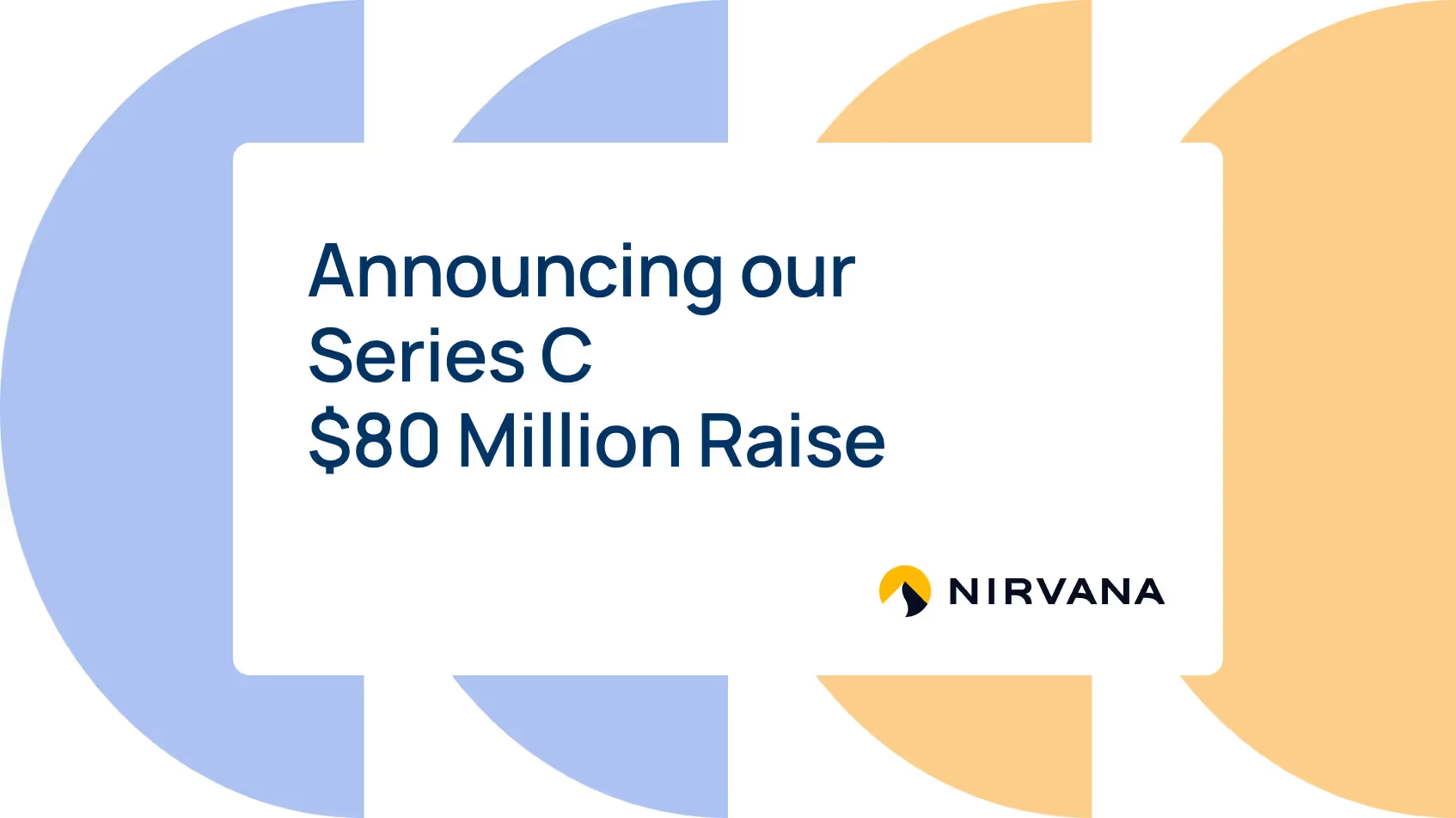
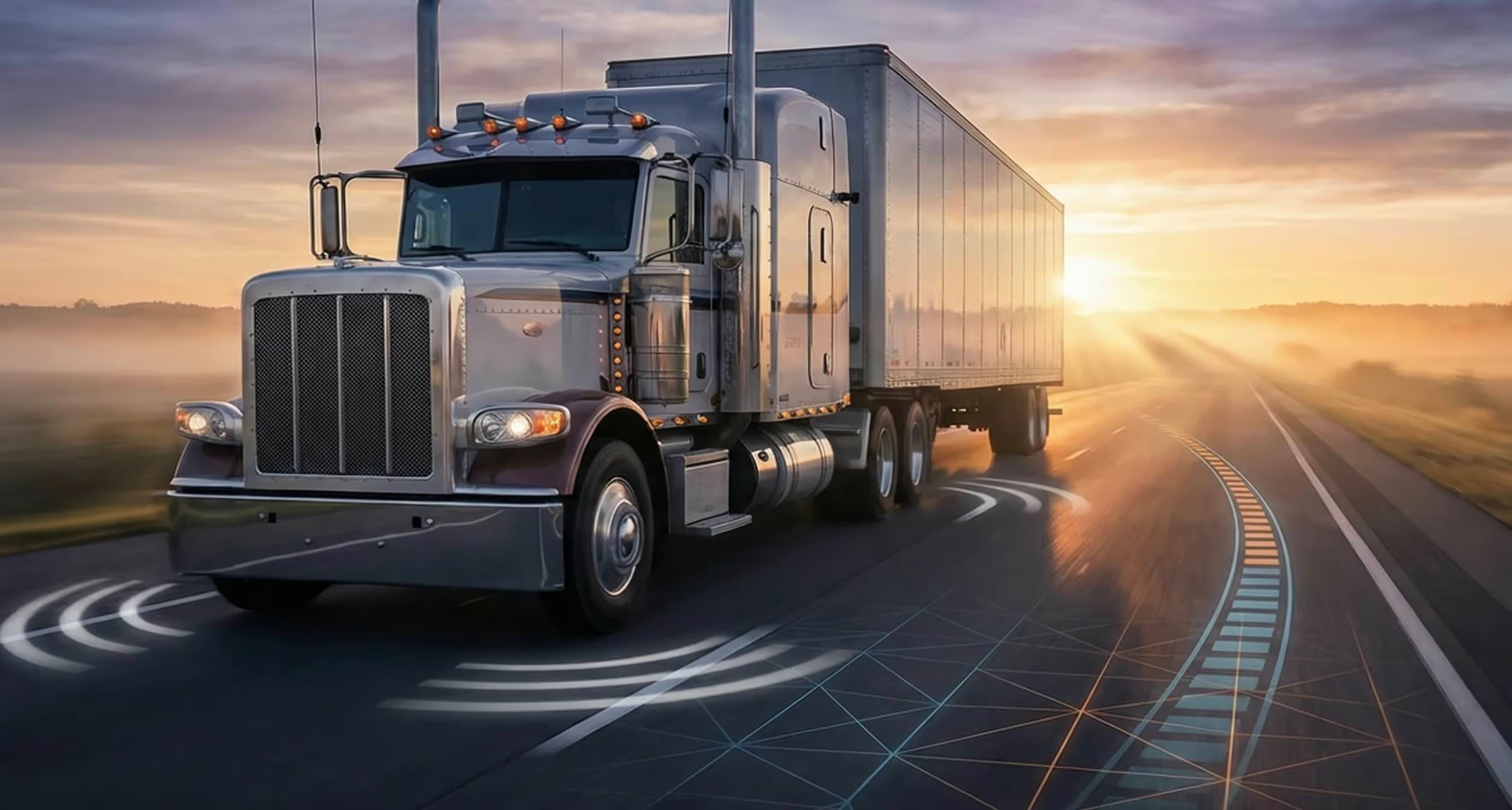

.avif)
